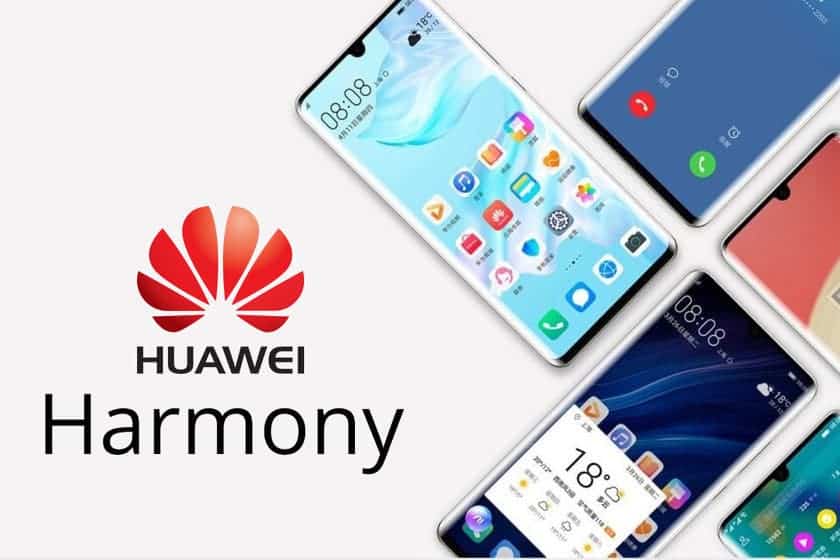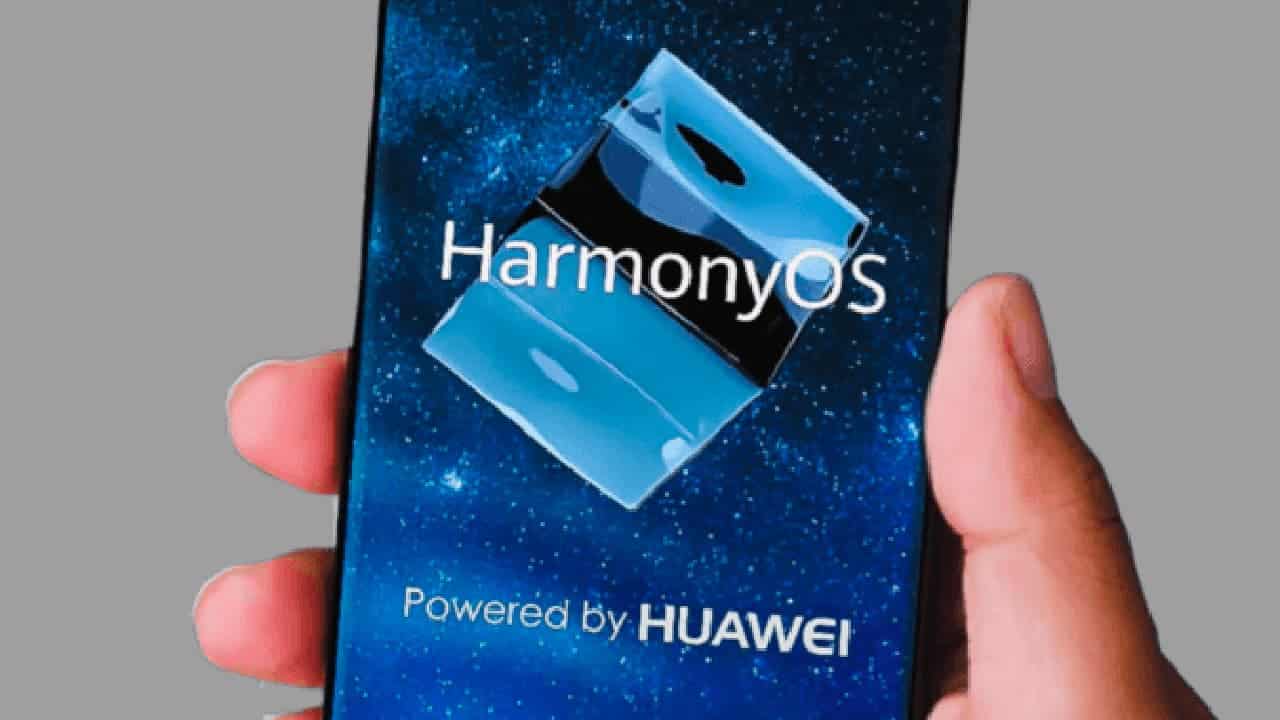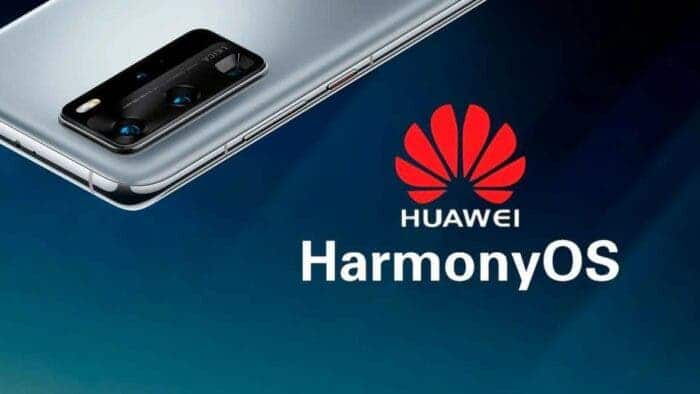Huawei is planning to expand its home-grown operating system, HarmonyOS, to global markets. Currently, Android (One UI) and iOS dominate the global mobile operating system market, while HarmonyOS has gained popularity within China despite being exclusive to that market.
Due to US restrictions, Huawei lost access to key technologies, including Android and semiconductors. In response, the company has been developing its own operating system, HarmonyOS. However, for the global market, Huawei’s devices still ship with EMUI, which is based on Android.
Huawei recognizes that a robust applications ecosystem is a major advantage of Android and iOS. Compared to these two giants, HarmonyOS lacks comprehensive app support, which is a significant barrier to its expansion into global markets. This shortfall could hinder consumer adoption outside of China, where users expect a wide range of applications readily available on their mobile devices.
At Huawei’s 21st Analyst Summit in Shenzhen, the company’s rotating chairman, Erik Xu, outlined their strategy for HarmonyOS. He stated,
“We will work hard to build up the HarmonyOS app ecosystem in the China market first, then, from country to country, we will start gradually pushing it out to other parts of the world.” This approach emphasizes Huawei’s focus on strengthening HarmonyOS within China before expanding its reach globally.
HarmonyOS to Go Global 
Huawei’s Mate 60 Pro has achieved the top-selling status in the Chinese smartphone market, displacing Apple’s iPhone from its leading position. This success has undoubtedly caused some concern for Tim Cook, as Apple has lost its top spot in the world’s largest smartphone market.
Additionally, Huawei has recently introduced its brand-new Pura 70 series flagships. These devices feature advanced technologies and innovative camera systems, which are expected to further boost the phone maker’s growth and competitiveness in the market.
As Huawei flagships continue to gain popularity, the company plans to spend 2024 focusing on enhancing the native app ecosystem for HarmonyOS. The aim is to attract the most popular smartphone apps to its self-developed operating system, making it a more viable alternative to established platforms like Android and iOS. This strategy could help Huawei increase its market share and user base globally.
Erik Xu, a representative from Huawei, expressed the company’s ambitious goal for HarmonyOS, stating, “Once we have these first 5,000 Android apps – and thousands of other apps – up and running on HarmonyOS, we will have a real HarmonyOS: a third mobile operating system for the world.” Xu also mentioned the potential for the platform to expand significantly, claiming that the number of apps on HarmonyOS could eventually reach up to 1 million in the future. This growth would mark a significant step towards establishing HarmonyOS as a major player in the global mobile operating system market.
Conclusion 
Huawei’s HarmonyOS is indeed a distinct mobile operating system, separate from Android and iOS, which presents an interesting choice for consumers. If HarmonyOS were to become available globally with proper application support, it would offer a fresh alternative with potential new features and a different user experience.
Whether to switch to a Huawei phone running HarmonyOS would depend on several factors. Key considerations might include the range and quality of available apps, how well the system integrates with other devices and services you use, the overall user experience, and how it compares in terms of privacy and security to existing platforms.
If you are someone who enjoys exploring new technology and values innovation, trying out a Huawei phone with HarmonyOS could be an exciting experience. However, if you rely heavily on specific apps or services that might not be supported, or if you prefer the familiarity and established ecosystem of Android or iOS, you might decide to stick with what you know. Ultimately, the decision would hinge on how well HarmonyOS meets your personal or professional needs compared to the alternatives.





